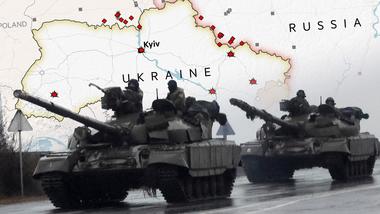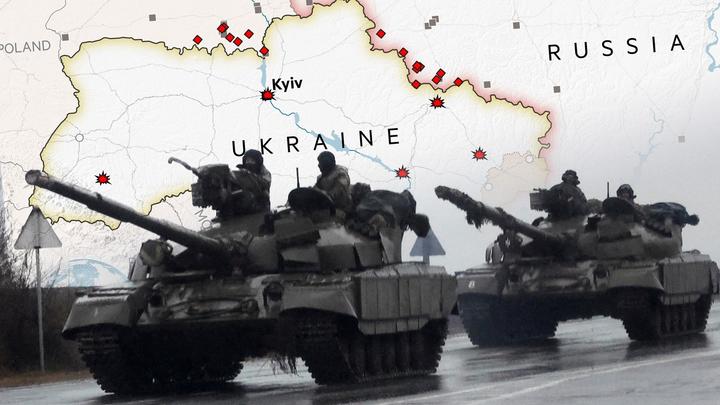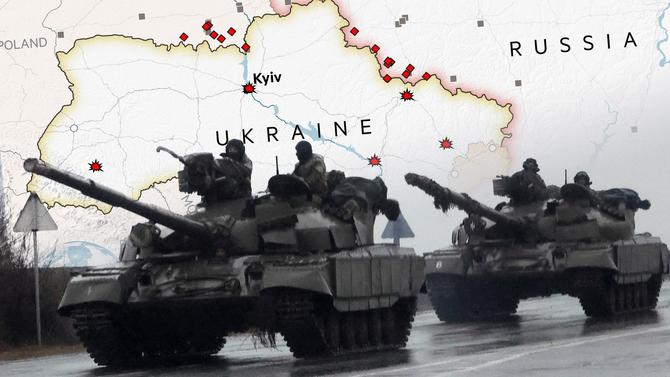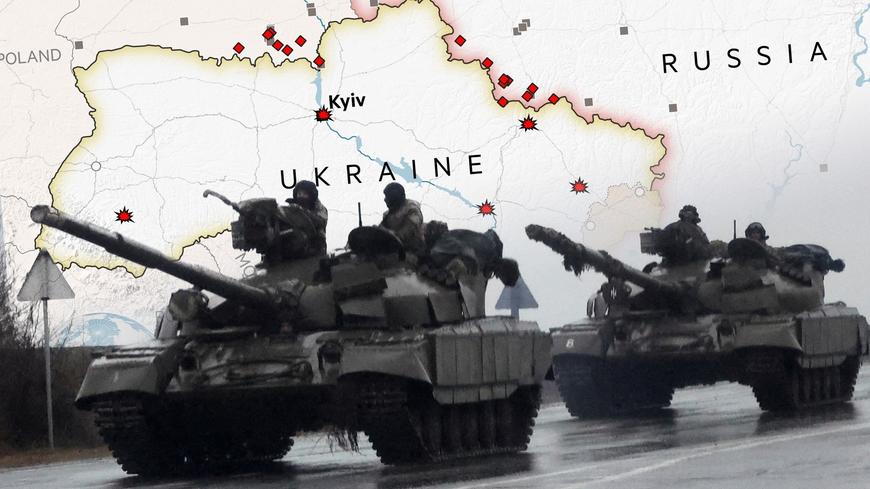



The Russian invasion of Ukraine, which commenced in 2014, has had far-reaching consequences not only for the region but also for international relations. This essay examines the events surrounding the invasion, focusing on the human rights violations perpetrated by Russia and the impact on the Ukrainian population. It delves into the significance of Ukraine's struggle for sovereignty and the reasons why it is crucial for Ukraine to emerge victorious in this ongoing conflict.
I. The Russian Invasion and its Humanitarian Crisis (450 words) The Russian invasion of Ukraine, starting with the annexation of Crimea in 2014 and subsequent military intervention in eastern Ukraine, has led to a severe humanitarian crisis. Russian-backed separatist groups, armed and supported by the Russian military, have targeted Ukrainian civilians and committed widespread human rights abuses. Reports of extrajudicial killings, enforced disappearances, torture, and indiscriminate shelling have emerged from conflict-affected areas.
Furthermore, the invasion has caused mass displacement, with thousands of Ukrainians forced to flee their homes. This displacement has strained local resources and infrastructure, leaving vulnerable populations in dire conditions. The deliberate targeting of critical infrastructure, such as schools, hospitals, and water supply systems, has exacerbated the suffering of the civilian population, making it increasingly challenging to meet their basic needs.
II. Genocide and Ethnic Cleansing in Ukraine (500 words) While the conflict in Ukraine may not fit the legal definition of genocide, it has witnessed systematic efforts to suppress and marginalize the Ukrainian population in the occupied territories. The Russian-backed separatists, along with the support of the Russian military, have engaged in a campaign of ethnic cleansing against Ukrainians. Ukrainian culture, language, and identity have been undermined, and Ukrainians have been subjected to persecution and discrimination.
Russian authorities have imposed Russian citizenship on Ukrainians in occupied territories, coercing them to abandon their Ukrainian identity. This assimilation policy aims to erode the unique Ukrainian culture and assimilate the population into a Russian-dominated framework. The suppression of Ukrainian-language media and education further reinforces this cultural erasure. Such actions not only violate human rights but also seek to undermine Ukraine's historical and cultural heritage.
III. Ukraine's Struggle for Sovereignty and Self-Determination (400 words) The invasion of Ukraine represents a direct assault on its sovereignty and territorial integrity. Ukraine, as an independent nation, has the right to self-determination and the ability to shape its own political and economic future. By defending its sovereignty, Ukraine is safeguarding its democratic institutions, national identity, and the rights of its citizens.
The conflict in Ukraine is not just about Ukraine's fate; it has wider implications for the international order. The invasion challenges the principles of international law, including the prohibition of the use of force and respect for territorial integrity. If Ukraine succumbs to Russian aggression, it sets a dangerous precedent that could embolden other nations to violate the sovereignty of their neighbors, further destabilizing global peace and security.
IV. The Urgency for Ukrainian Victory (450 words) Ukraine's victory in the face of Russian aggression is imperative for several reasons. Firstly, it is a matter of justice and human rights. The Ukrainian people deserve to live in a peaceful and prosperous country, free from violence and oppression. The international community must stand in solidarity with Ukraine and hold Russia accountable for its actions, ensuring that human rights violations are thoroughly investigated and the perpetrators are brought to justice.
Secondly, Ukraine's victory would send a powerful message that aggression and disregard for international norms will not be tolerated. Upholding Ukraine's sovereignty will serve as a deterrent against future acts of aggression, preserving the principles of the international order and preventing further destabilization in the region.
Thirdly, Ukraine's success is vital for regional stability and security. A stable and sovereign Ukraine can contribute to the broader stability of Eastern Europe, fostering cooperation and peaceful relations among neighboring countries. Conversely, continued Russian aggression and the occupation of Ukrainian territory pose a threat to regional security, potentially leading to an escalation of the conflict and increased tensions in the area.
Conclusion (100 words) The Russian invasion of Ukraine has caused immense suffering, leading to a humanitarian crisis and widespread human rights violations. Ukraine's struggle for sovereignty and self-determination is essential not only for its own people but also for upholding international law and preserving global peace and security. The Ukrainian people's resilience and determination in the face of adversity are commendable, and it is imperative for the international community to support Ukraine in its pursuit of justice, human rights, and the restoration of its territorial integrity.